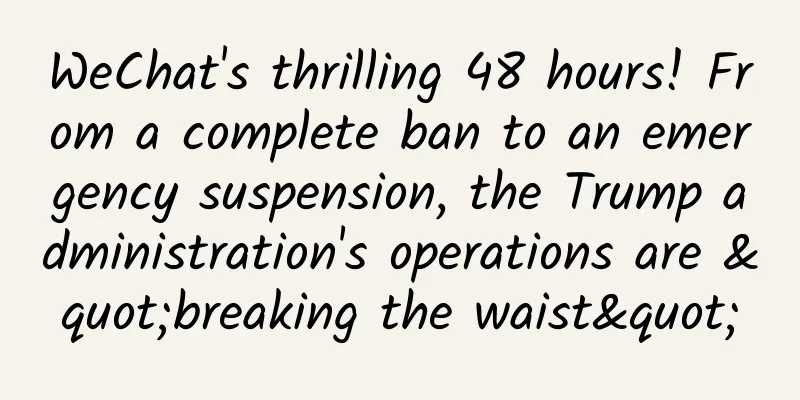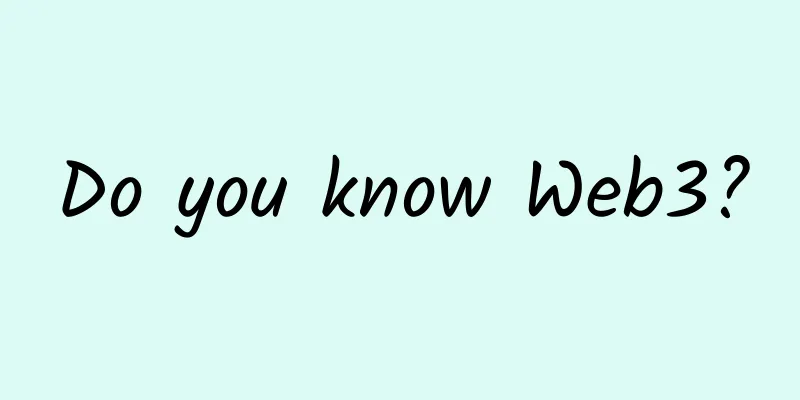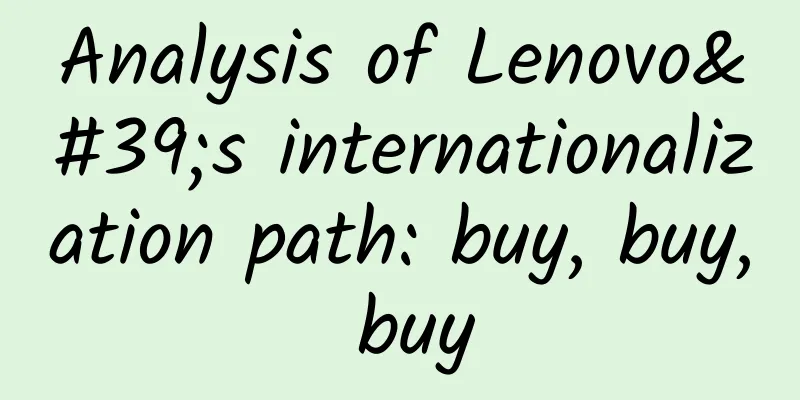WeChat's thrilling 48 hours! From a complete ban to an emergency suspension, the Trump administration's operations are "breaking the waist"

|
According to the ban on the 18th, the 20th was originally the "death day" for WeChat, and it faced a complete ban in the United States. However, the reality is that the WeChat ban was urgently stopped just before the execution was about to be carried out. It is not only WeChat that has brought about dramatic developments, but also TikTok. From the original choice of "selling out" or "banning", it eventually evolved into "selling equity", and the Trump administration's attitude changed again and again from the initial step-by-step pressure to "blessing". Throughout the WeChat and TikTok incident, the Trump administration's mysterious operation is breathtaking. California judge urgently halts WeChat ban On the morning of September 20th local time, a California court in the United States issued a "temporary restraining order" regarding the "WeChat ban." Regarding the verdict, the judge held that: The presidential order of August 6 and the implementation rules of the Ministry of Commerce on September 18 have actually resulted in a complete ban on WeChat in the United States, which is suspected of violating the First Amendment, the Equal Rights Clause, and the Procedural Justice Clause. The evidence that the U.S. Department of Justice can provide about the so-called threat posed by WeChat to international security is clearly insufficient. In addition, there are only two days from the promulgation of the rules to their entry into force, which will cause imminent and irreparable harm to American WeChat users. Based on the above facts, the judge ruled: Although certain legal and factual details have yet to be clarified, the presidential decree and implementing regulations may not be implemented until the court finally determines whether they are unconstitutional. With the issuance of the "ban order", it means that American users can continue to use WeChat normally, and app stores can continue to release WeChat apps and updates, and other telecom operators can continue to provide WeChat services. It is understood that the issuance of this "ban order" is the result of the efforts of the American WeChat Users Alliance (hereinafter referred to as the "American WeChat Users Alliance"). After the Trump administration issued the "WeChat ban", Chinese Americans spontaneously organized a non-profit group, the American WeChat Association, and on August 21, they sued the Trump administration in court, demanding an end to the ban. On the 17th local time, the lawsuit was officially heard, and the judge said at the time that he was willing to respond to the request of the American Microelectronics Association to issue a preliminary injunction because the Trump administration's executive order was too vague. However, the judge did not make a final decision at the time. However, on the 18th, the Ministry of Commerce announced the details of the ban and announced that it would "completely ban" WeChat, and everything was accelerated. On the afternoon of the 19th, the lawyers of the US Micro-Enterprise Association and the US Department of Justice had a confrontation for more than an hour at the hearing. After this confrontation, the judge officially issued a "temporary injunction." WeChat's fate in the US remains a mystery, with repeated reversals and doubts about the details of the ban For WeChat, a sword of Damocles has been hanging over its neck since August 6th local time: On August 6, Trump signed an executive order, announcing that after 45 days, any U.S. individual or company would be banned from conducting any transactions related to WeChat with Tencent. On September 18, the U.S. Department of Commerce announced the details of the ban: starting from September 20, it is prohibited to provide any services for downloading or maintaining WeChat programs, codes or updates through U.S. APP application stores; provide WeChat with network hosting services in the United States, content delivery network services to achieve functions and optimization, or direct or indirect Internet transmission or exchange services to achieve functions and optimization; develop or access WeChat's codes, functions or services in the United States; provide any services for transferring funds or processing payments in the United States through WeChat; and any other services that may be determined by the Secretary of Commerce to need to be banned in the future. It can be seen that the Trump administration spent 43 days preparing answers to the public's doubts about the specific content of "transactions" in the initial ban, and some details remain unanswered, leaving WeChat with less than 48 hours to respond. It is worth noting that during the 45-day waiting period, the U.S. Department of Justice also stated that even if the Trump administration banned WeChat, individuals downloading or using WeChat would not incur criminal or civil penalties. At the same time, after the ban details were released on the 18th, Guan Yuan of the U.S. Department of Commerce also stated in an interview that the ban would not affect American companies doing business in China, such as Starbucks and Walmart, nor would it target individual users. "Our goal is to (implement the crackdown) at the corporate level, and we will not pursue individual users." Literally speaking, it seems that WeChat users in the United States will not be affected by the ban and can still use the APP normally. However, it should be noted that the ban covers APP updates, network hosting and other aspects. This means that even if individual users can use WeChat normally, as the availability of the application gradually weakens in the later period, the use of WeChat will inevitably be affected. At the same time, it is worth noting that the ban details announced on the 18th give the Ministry of Commerce the power to change the definition of the word "transaction" without providing notice of the change. Obviously, this power may bring more unpredictable consequences. It has to be said that judging from its attitude toward WeChat and TikTok, as well as a series of operations and surprising reversals, the Trump administration’s actions are simply outrageous. Judging from the latest developments, WeChat’s fate in the United States can be said to have been “saved,” but only “temporarily.” It is understood that courts at all levels in the United States have the right to issue temporary injunctions on executive orders, but there are only three ways to repeal an executive order, mainly the president himself announces the repeal, the U.S. Congress repeals it according to law, or the U.S. Supreme Court makes a ruling to repeal it. After the "temporary restraining order" is issued, the US government can quickly appeal to the US Federal Ninth Circuit Court to "re-examine" the restraining order. Judging from the current attitude of the Trump administration, the possibility of an appeal is very high. At that time, if the appellate court agrees to speed up the trial, the process will be completed within 1-2 months, and the losing party can choose to continue to appeal to the Supreme Court. What is the final fate of WeChat in the United States? It is still a mystery. A strange "happy surprise"! What will the US government do next regarding the "WeChat ban"? This has attracted global attention. However, what is unexpected is that with the dramatic operations of the United States step by step and repeated reversals, WeChat, which was originally tepid in the US market, has received considerable attention in the past. On Friday alone, its downloads in the United States increased by 150%, entering the top 100 list of popular downloaded apps. For WeChat, this can perhaps be called a "surprise." |
<<: Breaking news! US District Court urgently stops WeChat from being removed from the platform
>>: Implement a WeChat message withdrawal capture function with Python 80 lines of code
Recommend
The Zhejiang Province essay in the national college entrance examination asked you to write about VR. Are you panicking?
The college entrance examination is like the Spri...
Analysis of JD.com’s flash sales products
Various e-commerce software will have some specia...
Don’t miss it if you pass by! Four major impacts of Windows 10 on web design
[[143603]] I think you must have been flooded wit...
6 steps of data operation, from methodology to cases to get you started!
Analyzing operational data helps us further perfo...
What causes urticaria: What is the essence of SEO?
Have a website and don’t know how to optimize it?...
How much "junk DNA" is hidden in your body? Their mission is mysterious
In life, everyone is familiar with what garbage i...
The "diamond" back cover plus the super AMOLED screen make the front and back of the Xiaomi Chili Pepper 7 outstanding.
When consumers buy a mobile phone, they will have...
To prevent COVID-19, here is a guide for all-weather and multi-scenario epidemic prevention! Collect it quickly!
Source: People's Daily...
If you don’t want your bones to become more and more brittle, you must eat less of these foods!
This article was reviewed by: Xie Xinhui, Jixi Ji...
Summary of the latest information flow advertising platforms in 2017
Feed ads are a form of advertising that is inters...
Eating less sugar can really prevent cancer!
This article was reviewed by Dr. Guo Xiaoqiang, a...
Don't eat! Don't eat! Don't eat!
Sugarcane is a sweet and juicy fruit Always popul...
Why does Samsung make its phones curved?
Samsung's new Galaxy Note Edge has attracted ...
Have you found the reason why you don’t like to talk in the group? See how many of them you have!
Do you like to speak in the group? (If you don’t ...
Case | Advertising strategy for online training of fire protection engineers!
With the rapid development of society, the scale ...









